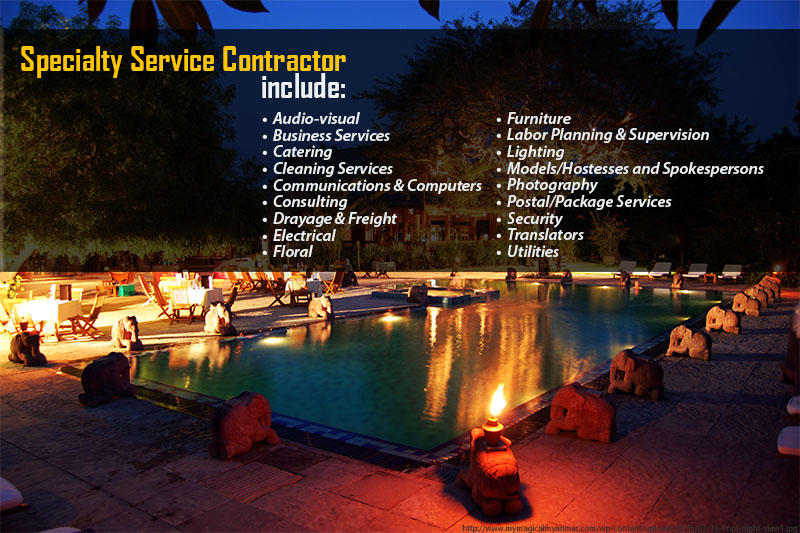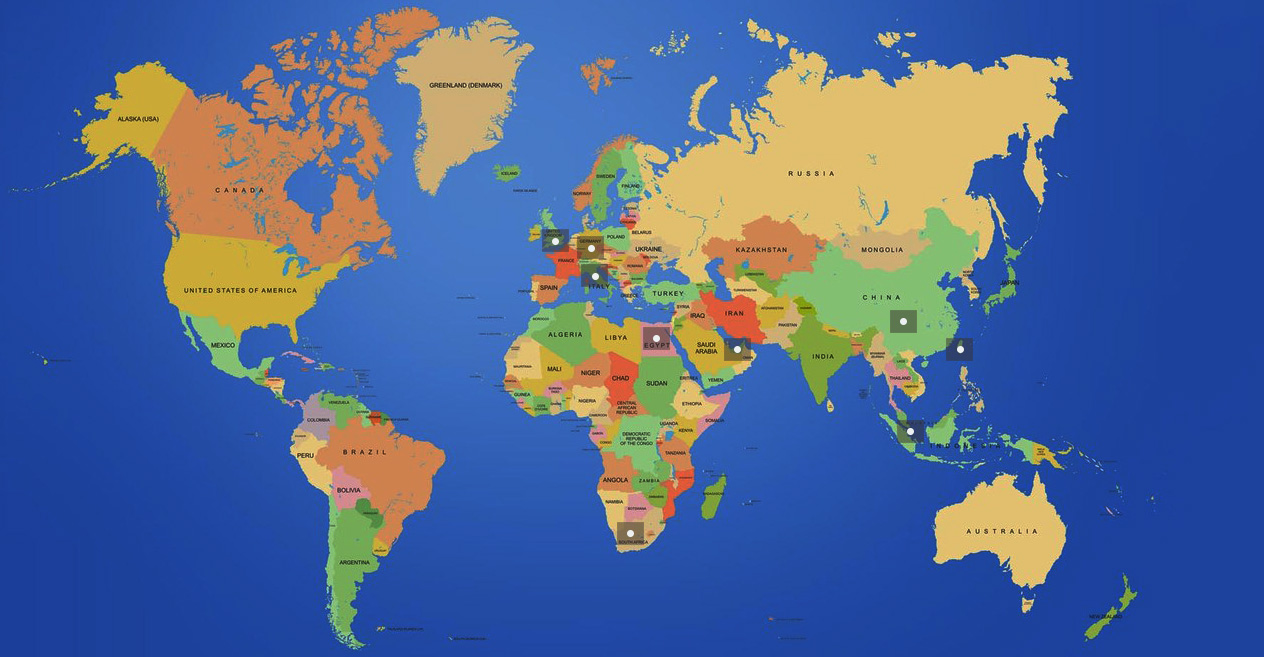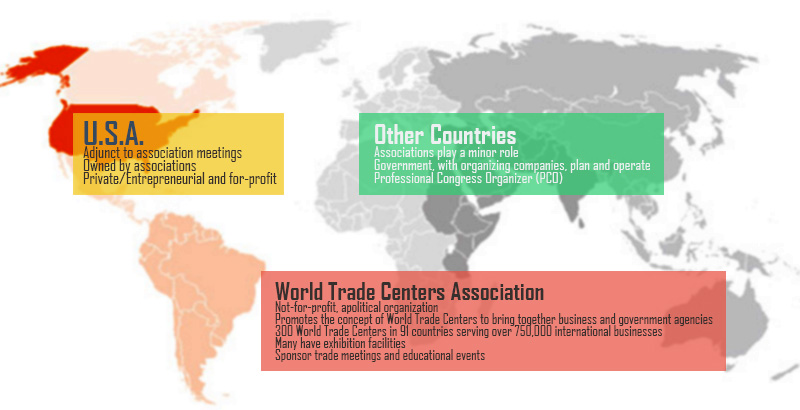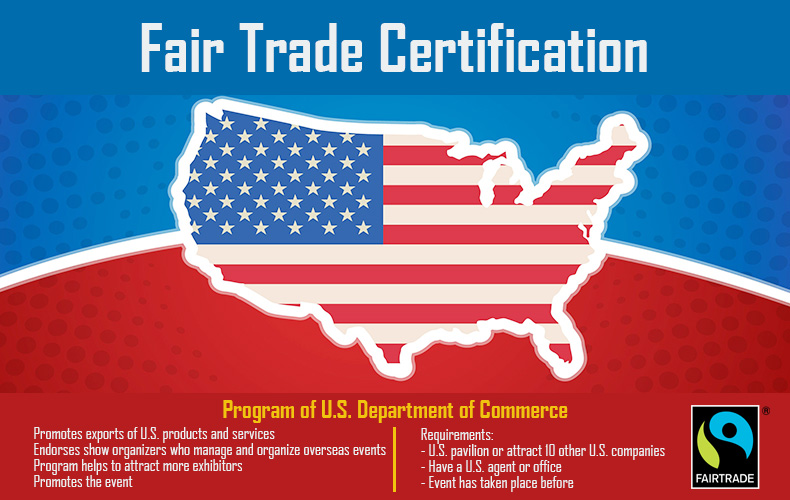General
 | MICE: Concept, Strategy and Program Development (MI3001) Credits: 3 Master Program Trisakti Institute of Tourism | |||
|---|---|---|---|---|
| NURIMA RAHMITASARI, SST.Par, M.Si.Par nurima@stptrisakti.ac.id / 08158987316 |
Welcome to the course on MICE: Concept, Strategy and Program Development for Hospitality and Tourism
Within this semester, we will be exploring and discussing about Research Methodology for Hospitality and Tourism.
Course Description
Meetings, expositions, events, and conventions/conferences industry continues to grow and garner increasing attention from the hospitality industry. They include such components as food & beverage, educational and informational seminars, or spousal and family events. The course develops the ability to design, plan, implement and evaluate Meetings and Conferences.
By the time you complete this course, it is expected that you will be able to:
- Identify and discuss the primary role and responsibilities of a meeting and exposition planner.
- Develop a marketing plan for a specific meeting or exposition.
- Articulate the facility, space, and management requirements for various types of meetings and expositions.
- Demonstrate knowledge of the concepts and process of negotiating contracts for facilities, services, and contractors.
- Discuss and compare the roles of the lodging properties, and food and beverage service providers as they relate to successful meetings and expositions.
- Identify and locate services contractors appropriate to the meetings and expositions industry.
- Identify and evaluate appropriate media technology requirements for their application to successful meetings and expositions.
- Identify current issues and trends affecting the meeting and exposition industry.
- Evaluate meeting and exposition management systems and resources including software applications and hardware applications.
- Identify appropriate trade associations, and other industry resources available to meeting planners.
- Demonstrate the ability to produce and evaluate professional meetings and/or expositions.
During the course, we urge each of you to:
- Read the materials provided as well as surf the net for more resources
- Follow the schedule diligently
- Participate in the face-to-face meetings
- Participate in online discussion forum
- Do the given assignment and submit it at the given time
- Work collaboratively in group as well as work on individual basis
Assignments
Individual and team assignments will be given to class participants. Evaluation results of assignments will be included in the final student evaluation
| No | Description | % |
|---|---|---|
| 1 | Assignement (Individual, Group, Quiz) | 20 |
| 2 | Mid Assignment | 30 |
| 3 | Final Assignemnt | 50 |
Topics
- Introduction to the Meetings, Incentive, Conference/Convention, Exhibitions/ Expositions, and Events Industry.
- Special Events Management.
- MICE Venues
- MICE Events Contractor and Services Supplier.
- Incentive Travels
- Destination Marketing Organizations (DMOs) and DMC
- Organizers and Sponsors
- MICE Stakeholders and Associations
- Human Resources Competency In MICE Industry
- Legal Issues in MICE Industry
- Regional and International Issues in MICE
- Technical Support and Technology in MICE Industry
Recommended Text
- George. Meeting, Expositions, Events, and Conventions An Introduction To The Industry. Pearson Third Edition. 2012
- Goldblatt. Special Events The Roots and Wings of Celebration. John Wiley & Sons Fifth Edition. 2008
- Goldblatt. Special Events Event Leadership for a New World. John Wiley & Sons Fourth Edition. 2005
- Goldblatt. Corporate Event Project Management. John Wiley & Sons. 2002
- Matthews. Special Events Production The Resources. Butterworth Heinemann. 2008
- Matthews. Special Events Production The Process. Butterworth Heinemann. 2008
- McCartney. Event Management an Asian Perspective. McGrawHill. 2010
- Rogers. Conferences and Conventions A Global Industry. Butterworth Heinemann. 2003
- Wright. The Meeting Spectrum. HRD Press Second Edition. 2005
















